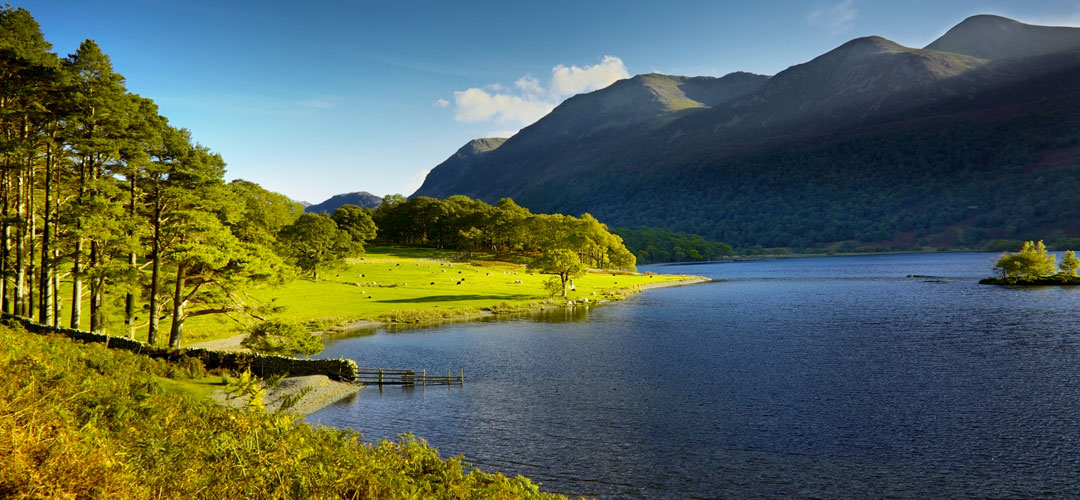
Cold water therapy has gained popularity in recent years, with wild swimming becoming one of the UK’s most talked-about wellness trends.
Beyond its Instagram-worthy appeal, immersing yourself in cold water offers a wide range of physical and mental health benefits.
Let’s dive into what cold water therapy is, why it’s trending, and how you can safely join the movement.
• What Is Cold Water Therapy?
Cold water therapy involves exposing your body to cold temperatures, typically by swimming in natural bodies of water like lakes, rivers, or the sea. This practice has roots in ancient traditions and is now backed by modern science, showing its potential to enhance physical health and mental well-being.
• The Benefits of Cold Water Therapy
Boosts Circulation
Immersing yourself in cold water causes your blood vessels to constrict and then dilate upon exiting the water. This process improves circulation and oxygenates your body, benefiting your cardiovascular system.
Try This: Start with short dips and gradually increase your time in cold water to acclimatise your body.
Reduces Inflammation and Aids Recovery
Cold water reduces inflammation in muscles and joints, making it a popular recovery method for athletes. Regular exposure can alleviate chronic pain and speed up healing from minor injuries.
Example: Many wild swimmers report relief from conditions like arthritis or post-exercise soreness after consistent cold water immersion.
Enhances Mental Resilience
Cold water swimming requires you to adapt to discomfort, building mental resilience and a greater tolerance for stress. This psychological benefit often translates to improved performance in other areas of life.
Pro Tip: Pair cold water therapy with mindfulness techniques to maximise its mental health benefits.
Improves Mood and Reduces Anxiety
Cold water stimulates the release of endorphins, the body’s natural "feel-good" chemicals. It also decreases cortisol levels, reducing anxiety and stress.
Did You Know? Studies suggest that cold water exposure may help alleviate symptoms of depression, making it a natural alternative therapy for mood disorders.
Strengthens the Immune System
Regular exposure to cold water can enhance your immune system (LINK TO IMMUNE PAGE ON THE LSA) by increasing the production of white blood cells, which help your body fight infections.
Tip: Consistency is key—try to engage in cold water therapy at least once or twice a week.

• Why Is Wild Swimming So Popular in the UK?
Accessibility to Natural Beauty
The UK boasts a wide range of wild swimming spots, from the serene Lake District to the rugged Cornish coastline. This accessibility has made wild swimming a beloved pastime for those seeking a connection to nature.
The Wellness Movement
As people increasingly prioritise their health and wellness, wild swimming has emerged as a holistic activity that combines exercise, mindfulness, and natural therapy. It’s not just about swimming; it’s a full-body experience that nurtures both physical and mental health.
Social Media Appeal
The visually stunning locations and sense of adventure make wild swimming highly shareable on platforms like Instagram and TikTok. This visibility has fuelled its popularity, inspiring more people to give it a try.
• How to Start Cold Water Therapy Safely
-
- Choose a Safe Location: Research local wild swimming spots and ensure they are safe for beginners.
- Acclimatise Gradually: Start with short dips and work your way up to longer sessions as your body adapts.
- Wear the Right Gear: Consider a wetsuit, neoprene gloves, and water shoes for added comfort and safety.
- Swim with a Buddy: Always have someone with you to ensure safety, especially in open water.
- Warm Up Afterward: Bring warm clothing and a hot drink to restore your body temperature after your swim.
• The Takeaway
Cold water therapy and wild swimming are more than just trends—they’re lifestyle choices with proven benefits for body and mind. Whether you’re looking to boost your immune system, enhance your mood, or connect with nature, this practice offers something for everyone. Start slow, stay safe, and enjoy the revitalising experience of cold water therapy.
Disclaimer:
Information and other content provided in Lily & Loaf blogs should not be construed as medical advice and should not be considered a substitute for professional medical expertise. If you have any medical concerns, you should consult with your health care provider.





